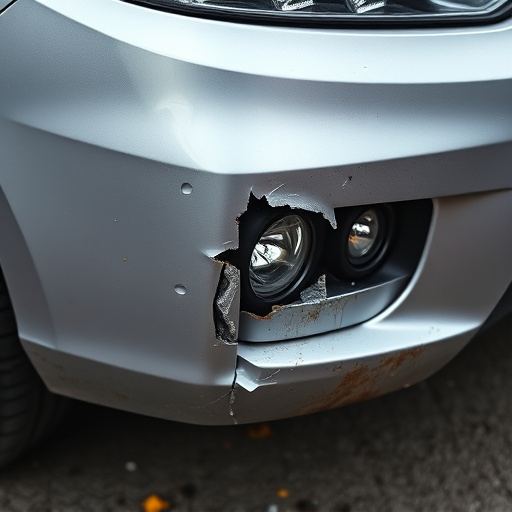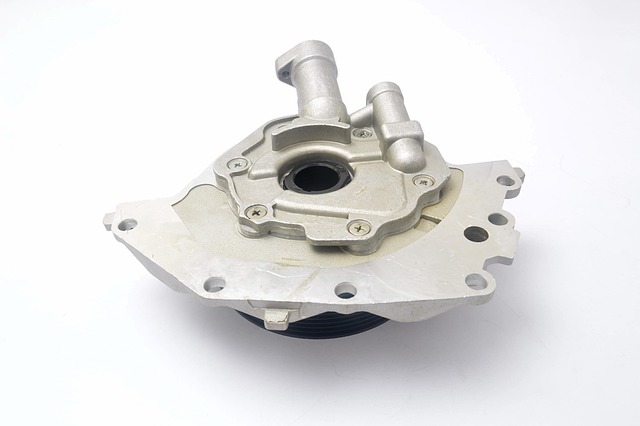Rental car insurance coverage protects both renter and rental company from financial losses or damages during rental period. Common coverages include liability, collision, and comprehensive insurance, but specific exclusions exist. Thoroughly review policy documents and consider extended options for broader protection against unexpected expenses.
Unclear about what’s included in your rental car insurance? This guide breaks down everything you need to know. We’ll walk you through the basics of rental car insurance, common coverages and exclusions, and how to customize your protection for peace of mind while on the road. By understanding these key aspects, you can make informed decisions and ensure you’re not left with unexpected costs.
- Understanding Rental Car Insurance Basics
- Common Coverages and Exclusions
- Customizing Your Rental Car Protection
Understanding Rental Car Insurance Basics

When renting a car, it’s crucial to demystify the various components included in your rental car insurance coverage. Many people assume that their personal auto insurance or credit card protection is adequate, but rental car insurance operates under distinct policies with specific benefits. Understanding these basics is key to ensuring you’re not left with unexpected out-of-pocket expenses following an accident or damage.
Rental car insurance typically covers a range of incidents, from theft and natural disasters to medical emergencies and liability for damages caused to others. However, it’s important to read the fine print carefully as policies can vary widely between providers. Common inclusions often include liability coverage, which pays for damages to others’ vehicles or property, as well as collision damage waiver (CDW), which absorbs the cost of repairs in case of an accident, minus a deductible. Additional services such as auto glass replacement and 24/7 roadside assistance might also be part of your coverage, offering peace of mind while on the road.
Common Coverages and Exclusions

Rental car insurance coverage is designed to protect both the renter and the rental company from financial losses or damages that may occur during the rental period. Understanding what’s included and excluded in this coverage is essential for making informed decisions when renting a vehicle. Common coverages typically include liability, which covers damage or injury caused to others or their property, as well as collision insurance, which pays for repairs if the rented car is damaged due to an accident. Comprehensive insurance is another common coverage that protects against non-collision damages such as theft, vandalism, or natural disasters.
While these coverages offer significant protection, there are also various exclusions to be aware of. Some policies may not cover certain types of damage like tire wear and tear, excess fuel costs, or losses due to negligence or intentional acts. Additionally, specific services like auto glass repair, car repair services, and even auto painting might not be covered under the rental car insurance coverage. It’s crucial for renters to review their policy documents thoroughly and consider additional options if they require broader protection for these aspects.
Customizing Your Rental Car Protection

When renting a car, it’s important to understand that standard rental agreements often exclude certain types of damage and liabilities. This is where customizing your rental car insurance coverage comes into play. By adding specific coverage options, you can protect yourself from unexpected expenses related to accidents or other incidents while on the road.
One such customization is extending coverage for automotive restoration in case of significant damage. This ensures that if your rental car suffers a collision or severe dents, the repair costs are covered, potentially saving you substantial financial burdens. Additionally, considering add-ons for liability protection can shield you from high personal liability bills in the event of an accident caused by another driver. Remember, each situation is unique, so carefully review your policy to ensure you’re adequately protected, especially when dealing with valuable or specialized vehicles.
When it comes to renting a vehicle, understanding your rental car insurance coverage is key. By familiarizing yourself with the basics, common coverages, and available protections, you can make informed decisions to ensure peace of mind while on the road. Customizing your rental car protection allows you to choose the right balance between policy limitations and personal preferences, ensuring an enjoyable travel experience without unexpected financial burdens. So, take control of your rental car insurance and drive with confidence knowing you’re properly protected.














